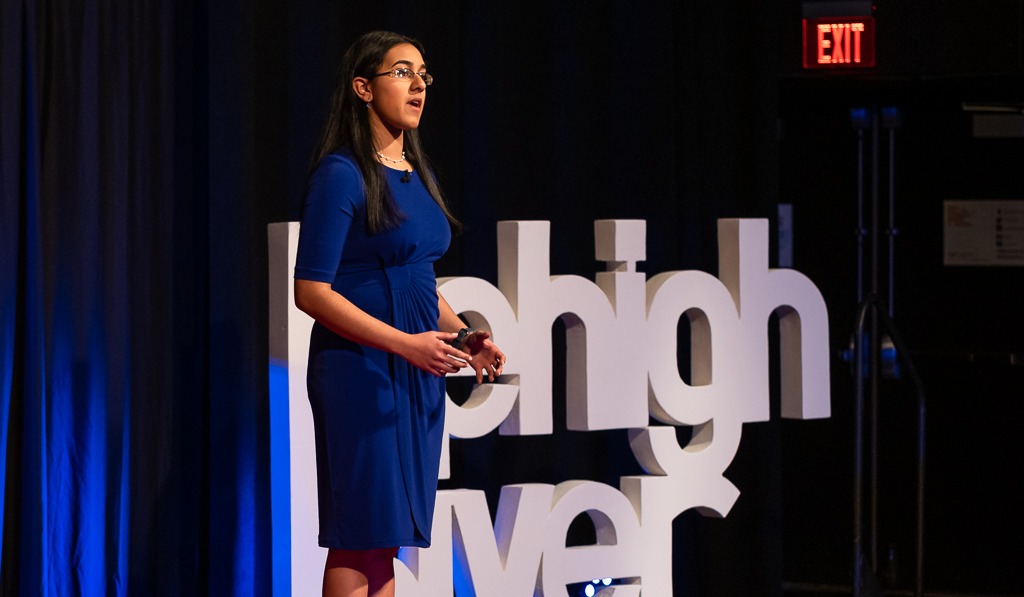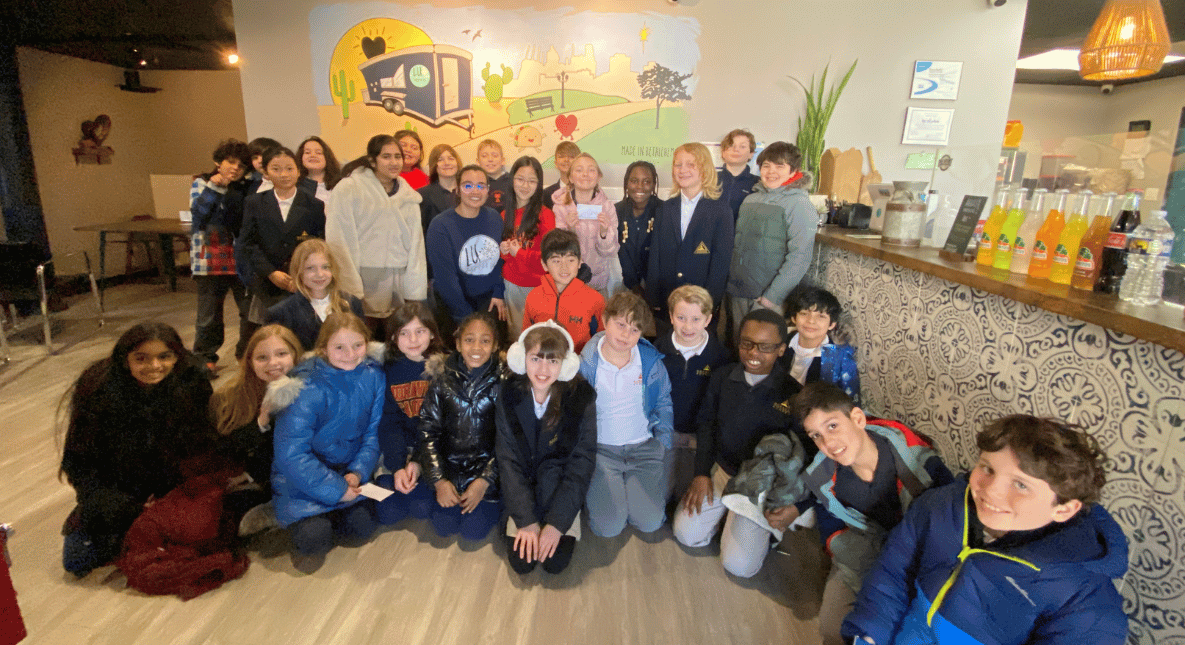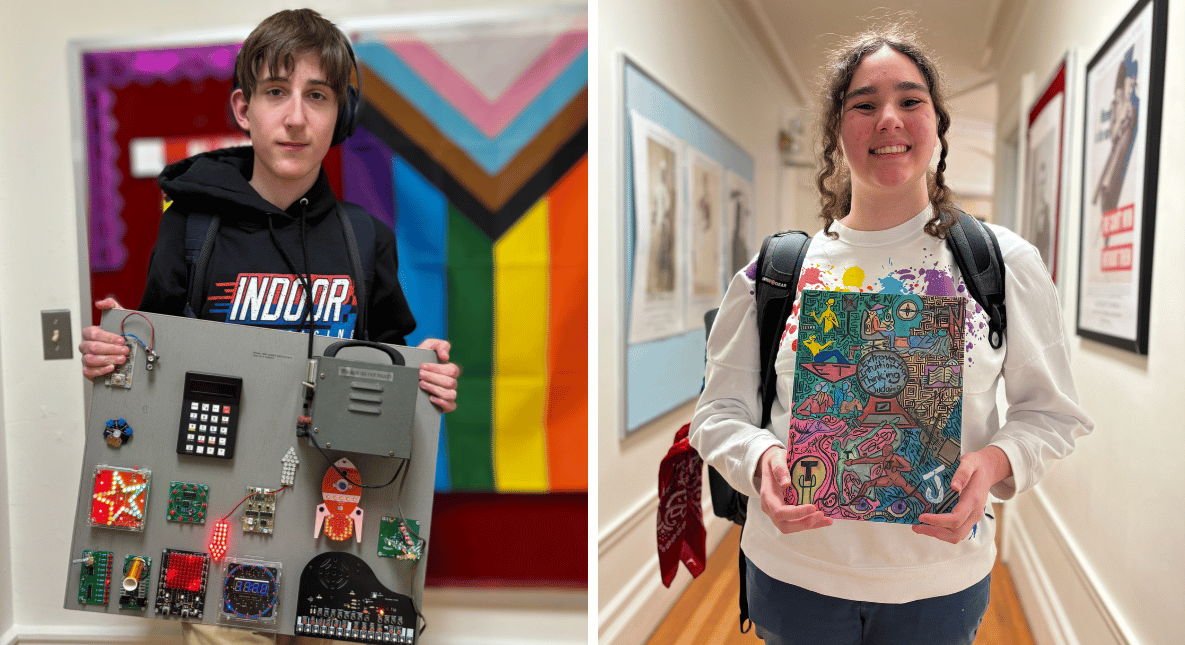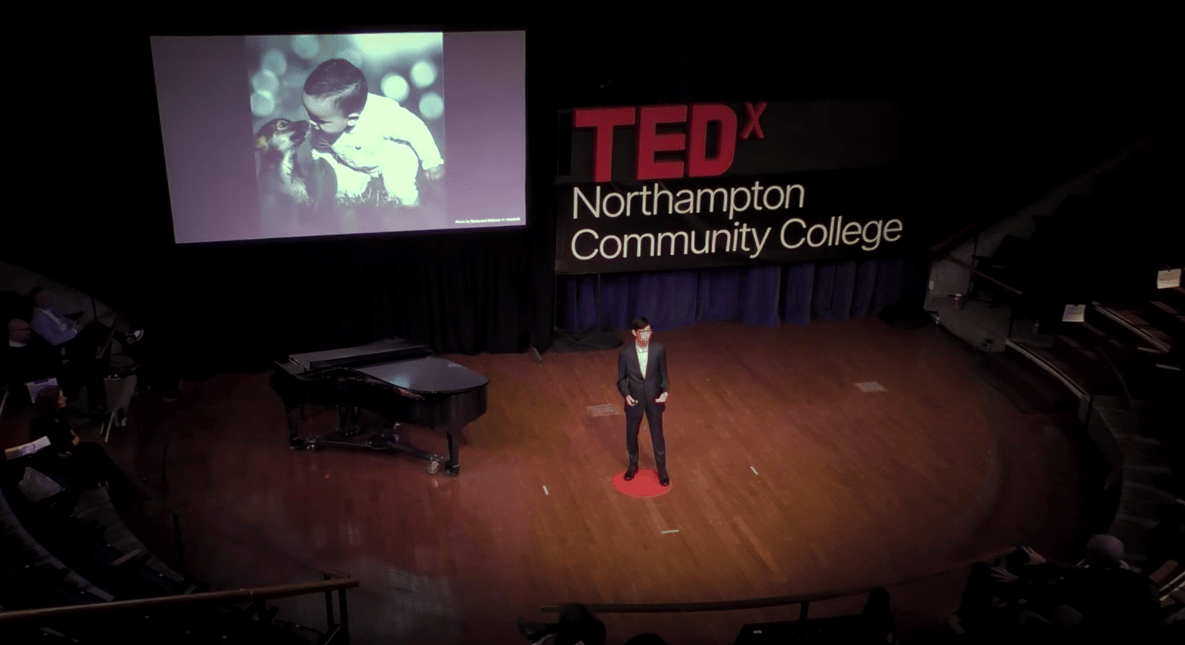Neha Skandan '21 Brings Awareness to the Opioid Crisis
Last spring Neha Skandan ‘21 presented her Comenius Project on the opioid crisis with a focus on how teenagers can help mitigate the opioid crisis by recognizing and responding to warning signs of addiction in family members and friends. A significant part of her project entailed meeting with different experts in the community, including physicians at LVHN and leaders of outreach programs, who are at the forefront of addressing this crisis.
Below is an excerpt from an article she wrote that was published in the Bethlehem Press:
A 2016 study conducted by the Substance Abuse and Mental Health Services Administration determined that 2.1 million Americans suffered from an opioid use disorder that year, and the rate at which people develop opioid use disorders has since been increasing.
[Opioid use disorder] is a medical affliction but, unfortunately, a stigma exists against those who suffer from the disease. When drug use disorders are seen as a moral issue instead of treatable afflictions, the misconception evokes feelings of fear, shame, and guilt among those who experience opioid and other substance use disorders, and often inhibits them from exploring recovery options. According to the National Center for Biotechnology Information, only 17.5 percent of people with substance use disorders reported ever attending or seeking treatment in 2016 due to fear of societal judgment.
Clearly, societal stigma is one of the main factors preventing people from receiving treatment. In order to make an impact, we must first turn to addressing stigma, which will serve as a gateway to other solutions. We can achieve this by changing our perception regarding opioid and other drug use disorders and accepting the fact that these disorders are treatable health conditions.
After speaking with experts in the field, Skandan developed a toolkit designed specifically for teenagers. The toolkit offers non-stigmatizing phrases to use when reaching out to someone who may be struggling, lists the symptoms of an overdose, and provides the national hotline from the Substance Abuse and Mental Health Services Administration. It is Skandan’s belief that if we can educate teenagers on how to spot a loved one in crisis and empower them to contact emergency personnel who can intervene appropriately we will be able to mitigate this crisis more effectively.
To view Skandan’s toolkit, visit www.moravianacademy.org/toolkit.


 myMA
myMA











